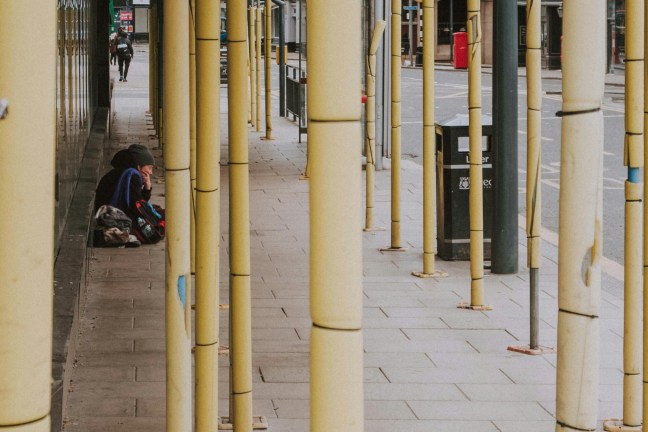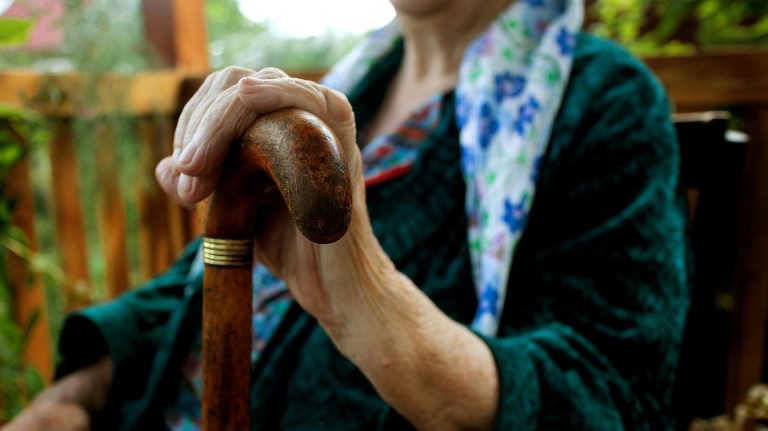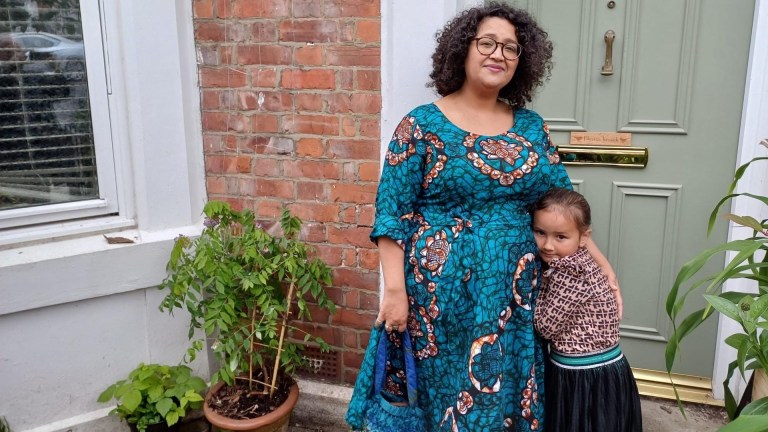“Means-testing winter fuel payments was not a decision this government wanted or expected to take,” Kendall wrote in her letter to the work and pensions committee. “However, we were forced to take difficult decisions to balance the books in light of the £22bn black hole we inherited.
“Given the dire state of the public finances, it’s right that we target support to those who need it most while we continue our work to fix the foundations and stabilise the economy – which is the best way to support pensioners in the long term and is what has allowed us to deliver our commitment to the triple lock.”
Caroline Abrahams, charity director at Age UK, said that this government announcement confirmed what they already knew – that brutally rationing the winter fuel payment will swell the number of pensioners already living below the poverty line – this year and into the future.
“Experts hold different views about the validity of different definitions of poverty, but it’s clear that on multiple definitions used in this analysis, pensioner poverty always rises as a result of this policy change,” she told Big Issue.
“Moreover, there’s not a shred of doubt that in the real world these numbers will translate into many thousands more older people stressing over whether they can afford to run their heating, with some deciding the lesser evil is not even to try to keep their home adequately warm. This on a day when temperatures are falling quite sharply across the UK, with some areas seeing snow.
“Of course, we must all continue to do everything we can to encourage any older person on a low or modest income to claim pension credit, the main qualifying benefit to retain winter fuel payment, before the 21 December, but we know and the government knows that this will not be enough to turn these numbers around.
“At Age UK this leaves us asking how on earth has this been allowed to happen and, more importantly, will the government, even now, take decisive action to protect older people in need?”
The figures are rounded to the nearest 50,000 individuals, reflecting the uncertainty of the estimates. An annual figure of anywhere between 25,000 and 74,999 would be published as 50,000, while a figure of between 75,000 and 124,999 would be published as 100,000.
The eventual impact of the cuts will be heavily influenced by the drive to get poorer pensioners onto the pension credit benefit – which has not been factored into the DWP’s poverty figures. At the time the winter fuel payment cuts were announced in July, an estimated 880,000 pensioners were eligible for pension credit but did not claim it. Around 66,000 new claims for pension credit were made between the end of July and mid-September, with more following since – but as Big Issue revealed this week, delays are now hitting the system due to the rising demand.
These new pension credit claims should reduce the numbers driven into poverty, as they will both continue to receive the winter fuel payment and receive pension credit payments for the first time as well. However, the effect this would have on the DWP’s estimates depends on the current and future income of new pension credit claimants, and how that relates to poverty measures.
A DWP spokesperson told Big Issue that the internal forecasts on poverty estimates were produced as part of routine policy advice.
“The modelling is subject to a range of uncertainties and does not take int account the significant work we’re doing to encourage pension credit take-up,” they said. “Our awareness drive has resulted in a 152% increase in claims since July.
“The modelling also doesn’t reflect that we have put in place extra support for those who need it must, such as our extension of the household support fund. Many pensioners will also benefit from the £150 warm home discount and cold weather payments to help with energy bills – and millions of pensioners are also set to benefit from an increase of up to £470 to the state pension in April.”
Do you have a story to tell or opinions to share about this? Get in touch and tell us more. This Christmas, you can make a lasting change on a vendor’s life. Buy a magazine from your local vendor in the street every week. If you can’t reach them, buy aVendor Support Kit.
Big Issue is demanding an end to extreme poverty. Will you ask your MP to join us?









